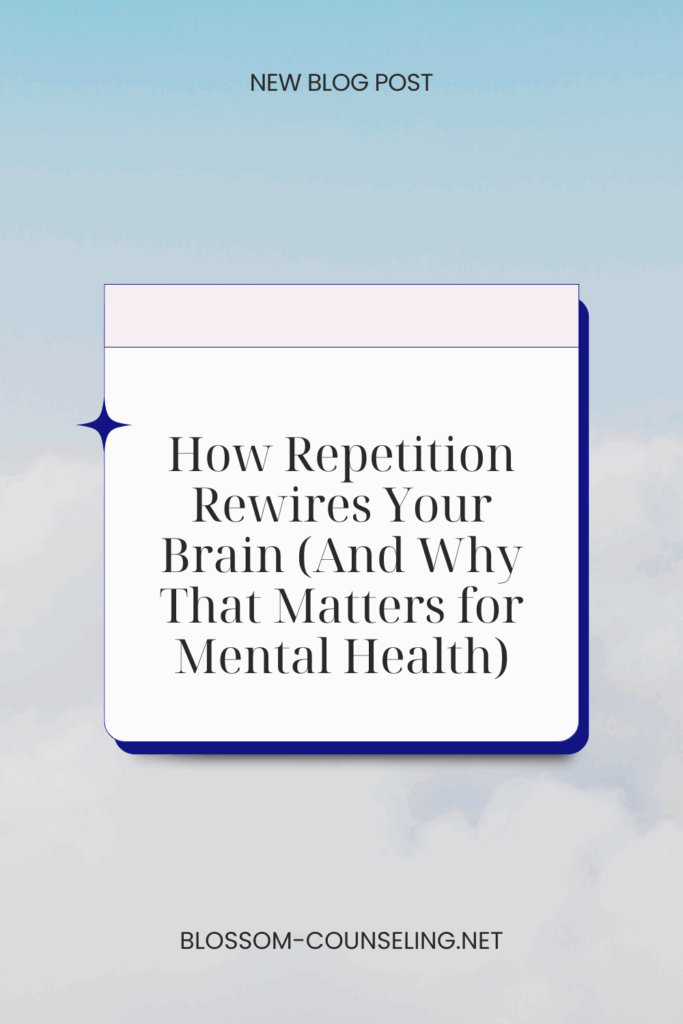We’ve all been there—you plan the perfect weekend, imagine an amazing vacation, or dream up an ideal family gathering, and then reality hits. Things don’t go quite as planned, and suddenly you’re left disappointed, frustrated, or downright cranky. Sound familiar? You might just be falling into the expectation trap.
Expectations are natural; they help us navigate the world by anticipating outcomes. But sometimes, we set ourselves up for disappointment by expecting things to be perfect—or at least way better than reality can deliver. The good news? By lowering your expectations (just a bit), you can feel happier, calmer, and genuinely more content.
Think of it like going into a new restaurant your friends have been hyping up. You’re expecting the best tacos of your life, only to realize they’re just okay. Even though the tacos were decent, you’re disappointed because they didn’t match the masterpiece you imagined. Lowering your expectations doesn’t mean giving up on optimism or settling for less—it means embracing realism and letting life pleasantly surprise you.
When you adjust your expectations, your emotional well-being can benefit in a few big ways. For one thing, you’ll likely find yourself less stressed. High expectations are often tied to control—believing we can perfectly orchestrate life. But life, as we all know, loves to throw curveballs. When you’re realistic about what you can and can’t control, you experience fewer letdowns and less stress when things inevitably go off-script.
Lower expectations can also make your relationships healthier and happier. Ever felt disappointed when a friend forgot your birthday or your partner didn’t respond exactly how you wanted? These scenarios don’t necessarily mean someone doesn’t care—often, it’s just a mismatch between what you expected and what actually happened. By acknowledging that everyone (including you!) has limitations, you open yourself up to appreciating others as they truly are, imperfections and all.
It’s important to note that lowering expectations isn’t the same as lowering your standards. Standards are about boundaries and respect—things that keep relationships healthy and fulfilling. Expectations, on the other hand, are often more about imagining how something will unfold, which can lead to frustration if reality doesn’t match up.
To practice adjusting your expectations, try embracing flexibility. Rather than thinking, “This event has to be perfect,” shift your mindset to “I hope this event goes well, but I’m okay if things aren’t flawless.” Another useful strategy is mindfulness—staying present helps you enjoy moments as they happen, rather than comparing them to how you imagined they would go.
Remember, happiness often comes when reality exceeds expectations. By expecting less perfection and more authenticity, you create space for real joy, satisfaction, and meaningful connections with those around you.




